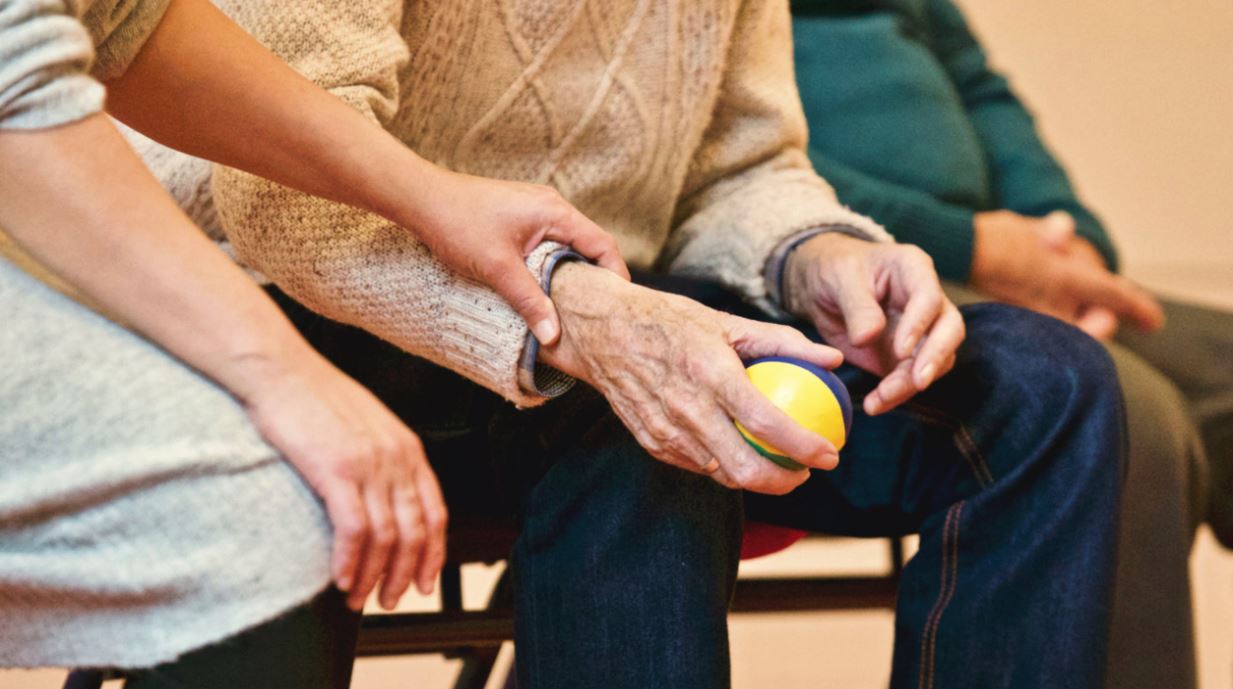If you are one of the estimated 65.7 million Americans who provides care-giving for a family member at your home, you know that it is an incredibly gratifying experience that often comes with its own unique challenges. You can use these tips to help care for your loved one in order to get the most out of the experience.

Set Up a Schedule
A set schedule and a predictable routine is especially important if your loved one suffers from dementia or Alzheimer’s disease. Set up a basic schedule that includes a time to wake up and get ready for the day, medical appointments and therapies, hobbies and exercise and when to begin winding down and getting ready for bed.
A regular schedule will help you eliminate upsetting distractions or events while helping everyone involved know what’s expected of them. Having a smooth routine can help ease a sudden transition from independence to home care for the loved one as well as from occasionally visits to live-in interaction for you, the caregiver. This set scheduling of your days can also help you communicate to anyone who might help you with care. If you and your loved one know that dinner should be at six o’clock, a fill-in caregiver can easily take your place for that time and serve dinner at six. Set those expectations and follow through to make your routine a habit.
Make Your Home More Accessible
Work within your budget in order to make your home as accessible as possible. Doing so can help your loved one move around more freely and help you give them the assistance they need during day to day activities and tasks. Shower modifications can make bathing easier, special beds can help you assist your loved one in and out of the bed each day and wheelchair ramps outside of the home can help your loved one when going outdoors.
Making your home more accessible can also help your loved one feel more independent. They may not be able to live alone, but getting around the property, doing personal tasks, or getting up to the second floor are things that could be doable with the right help. Try looking in to bathroom and bedroom modifications to aid in day to day grooming, hygiene, and bedtime routine help. Looking into mobility help items like chair lifts, wheelchairs, and ramps could help your loved one move about with the stress and pain of stairs or excessive walking. Talking to doctors and physical therapists about your options will help you get a better idea of the things you could do to add freedom to your loved one’s life.
Look into Home Treatment Options
Many people have chronic health conditions that require ongoing medical care. Although you may not mind supporting your loved one during their medical care, taking them to these necessary appointments and treatments takes time and resources. Look into home treatment options for your loved one in order to make the experience more comfortable for them and help save you valuable time. For example, a physical therapist may be able to travel to your home for care or a home health aide may be able to help administer medical treatments. If your loved one has chronic kidney failure, the Baxter Dialysis Machine will allow your loved one to receive dialysis in the home without going to a dialysis center. It’s all about research and open communication with your loved one’s doctors and specialists to safely care for and comfort your loved one during their time of need.
Caring for your loved one in your home can help you feel a sense of accomplishment, helps your family to spend time with extended family members and may even decrease your risk of depression. It is a selfless act and is no small undertaking. If you ever feel overwhelmed, don’t be afraid to reach out to other family members, friends, neighbors, community members or professional caregivers for help. Doing what you can and leaving the rest up to qualified professionals could be your solution. In order to take care of your loved one, you must take care of yourself first so everyone involved can feel loved, cared for, and healthy.